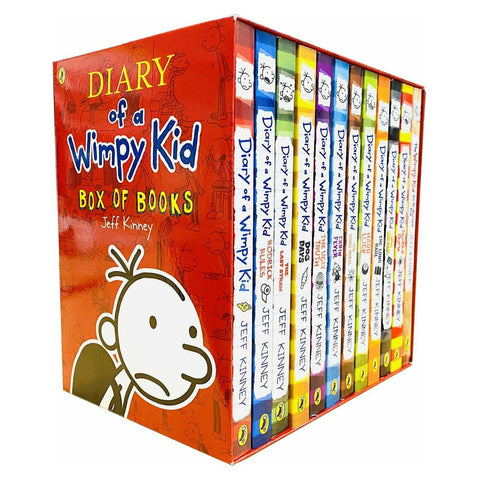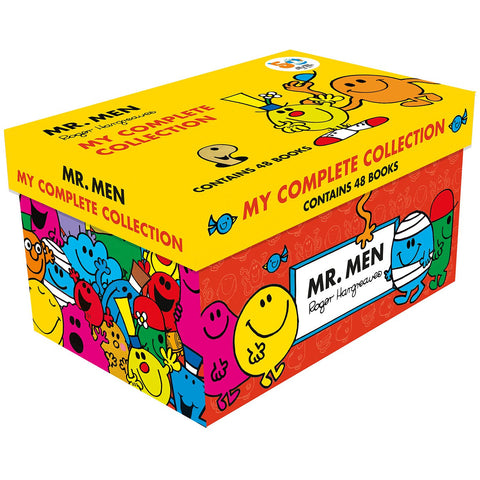In schools in England, Year 3 is for children 7–8 years old, and is the first year of Key Stage 2.
There will be less of a focus on phonics and more emphasis on understanding and learning spelling rules. In maths, your child will use the column method and will learn their 3, 4, and 8 times tables.
What to expect in Year 3
Increasing independence and empathy
Welcome to Year 3: a fun year for your child. The intensity of Year 2 and the focus on grammar, arithmetic, and spelling will seem like a distant memory as the new term starts.
This stage marks the end of Key Stage 1 as your child enters Key Stage 2 as a Junior. If they have attended an Infant school, this will also involve a move to a new school where they become the youngest year group again.
What will my child do in Year 3?
1. Increase focus on spelling
In English, your child will continue to work on the spelling patterns they have begun in previous years, but this year there is less of a focus on phonics and more emphasis on understanding and learning the spelling rules, as well as attention to prefixes and suffixes.
There are statutory spelling lists for Year 3 and 4, so schools will split these across the two years, with teachers adding additional topic-linked words or words they feel their class needs to practise.
2. Develop writing skills
In writing, schools focus on creativity and writing styles; looking at settings, language style, and character within their writing. Your child will also study different genres of writing such as poetry and play scripts.
3. Maths
Maths in Year 3 has more of a times tables focus. Quick recall of the required 3, 4, 8, and 50 times-tables (as well as the 2, 5, and 10 times-tables they’ve already learned in Year 1 and 2) is important as they form the foundation for a large majority of the work the children will cover within the year.
You will probably notice your child beginning to use column addition and subtraction of three-digit numbers this year, as well as learning about multiplication and division, and using — and applying — their times tables knowledge. They will also cover fractions of quantities, equivalent fractions, angles, parallel and perpendicular lines, area, perimeter, and shape.
4. Maths mastery
The national curriculum ‘mastery’ style of teaching concentrates on breadth of knowledge, and children will be encouraged to use their understanding of the new concepts to solve challenges to deepen their understanding.
5. Science
Science in Year 3 is engaging and fun. Your child will learn about life processes, rocks, light, forces and magnets, and animals (including humans). How to work scientifically and write up their investigations in a more formal way — using predictions, methods, results and conclusions — is also a key part of this year’s science curriculum.
How can I help my child in Year 3?
1. Practise weekly spellings
You can support your child at home by helping them to learn their all-important weekly spellings — these are usually tested once a week. Take a look at our tips to help with spelling homework.
2. Continue reading
Reading is key this year and there are plenty of ways you can help. It is still important to listen to your child read regularly. Ask questions about what they’re reading. This will encourage your child to think deeply about their reading, whether they’re reading aloud or independently.
Reading to your child is still important at this age too. Listening to your intonation helps children with their own expression, and also enhances their writing. A fun way to encourage expression is to use silly voices – and even to make the occasional deliberate mistake. Allowing your child to correct you helps them to see why certain punctuation changes the way we read aloud.
You can extend this to their own writing: encourage them to read their writing back to themselves and make punctuation choices based on their expression.
3. Diversify
Give your child access to as many different styles of writing as you can. This will assist with their reading fluency and expand their vocabulary and knowledge. Our free eBooks are a great way to do this!
4. Identify issues
If you have concerns about your child’s reading or writing then talk to their teacher. It is at this age when difficulties such as dyslexia are more likely to be diagnosed. Keeping an open dialogue with school about your child and any concern you have is hugely important.
5. Practise maths
In maths, you can support your child at home by practising the relevant times-tables (3, 4, and 8 times-tables – as well as the 2, 5, and 10 times-tables from Year 1 and 2) regularly. This can be done in many ways and different children respond to different styles. Take a look at our help with times tables page.
How else can you support your child’s maths learning at home? You might like to help them learn to tell the time. Or, give them the opportunity to use money in real life contexts. Asking them questions such as how much change you need when shopping will help them with their reasoning skills in and out of class.
Year 3 can be a fun and rewarding year. Children develop and mature at this stage, becoming increasingly independent and more empathetic towards others. Enjoy watching your child grow and have a great year!
To See the Full Range of Year 3 Books at Books4people.co.uk Click Here






